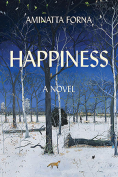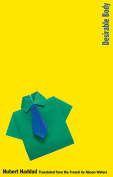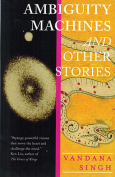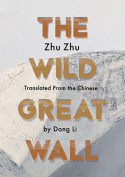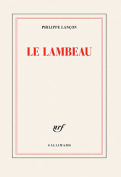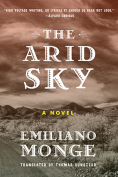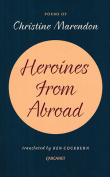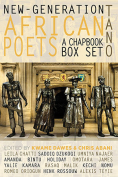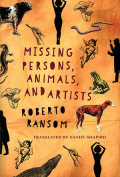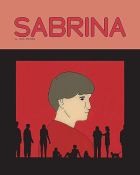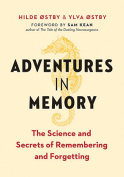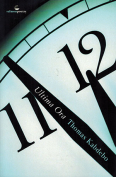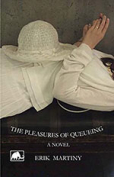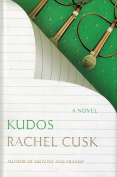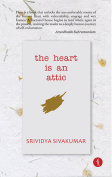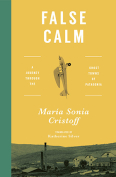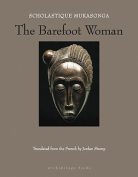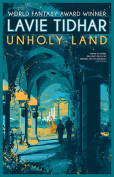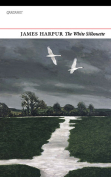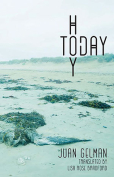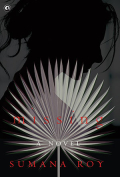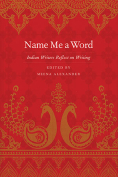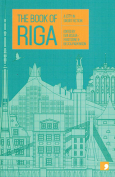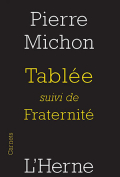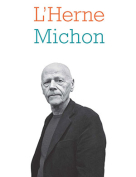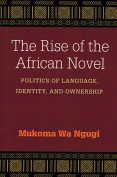The Wild Great Wall by Zhu Zhu
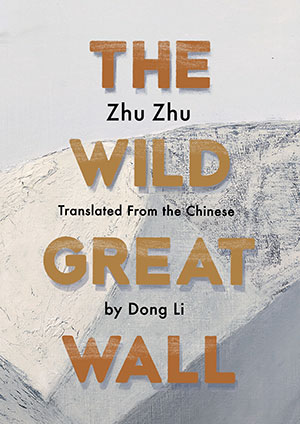 Los Angeles. Phoneme Media. 2018. 143 pages.
Los Angeles. Phoneme Media. 2018. 143 pages.
It is not easy to select poems from twenty-five robust years of poetic output into one slim volume, especially for the acclaimed poet Zhu Zhu. The Wild Great Wall is a bilingual collection of thirty-eight poems, categorized into five sections and ordered chronologically from the 1990s to the present. According to the translator Dong Li, who nicknamed Zhu Zhu a “lone wolf,” his narrative histories are not “dressed as literary allusion / blending allure with parable” but are meant to be “a scalpel-like nib, to open / old China’s chest.”
Zhu Zhu endeavors to excavate “the forbidden grounds of memory” by turning his various experiences into poignant yet restrained stanzas. “Experience is not what happens to a man; it is what a man does with what happens to him” (Aldous Huxley), and Zhu Zhu has never lacked the gift of experience in conjunction with that of expression. In “The Loudspeaker,” he calmly recorded the death of Chairman Mao: “This news, like a mason’s trowel, / instantly scraped off every facial expression.” In “Small Town,” he compared his hometown to “a velvet-carpeted prison.” And even when he was traveling abroad, he still prayed for his country to “awaken from despotism, / the long night over, no more curfew,” as he had hoped in “South-of-Yangtze, a Republic.”
Sometimes, his politically charged poems are full of sensual and erotic scenes, such as the little girl in “The Bayou of Time”: “her body was a key to open your manhood, / her back the most smooth silk that you had ever touched, / without her kiss you might have died of thirst,” and the model “thinks of her bottom that is not round enough” (“Blue Smoke”). In fact, what fascinates Zhu Zhu is not the alluring female body but the body politic—a sexual consciousness, which has been long suppressed, and a metaphor for depriving ordinary people of their liberty.
It is just like what happens in “Geography Teacher”: “we really want to know— / along the opening of her V-neck sweater,” while “Even under her thick coat and the firm barrier of a scarf, / we still make out the flesh swaying beneath the folds of her clothing.” The teenager, or the poet, aspires to explore the “forbidden” memory of his motherland, like invaders climbing over the Great Wall.
Yang Jing
Nanjing Normal University
